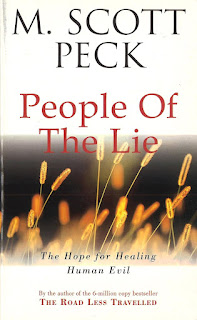4.1.0 Life thread one - Understanding Evil - December 2020 to January 2022

Melkor, the Dark Lord, from Tolkien's Simarillion by Formenost I have been on a journey which has been both reflective and transformative. The monastic environment I have enjoyed for the past four years has allowed me the necessary space and time to dedicate myself to a deeper understanding of human motivations. Ultimately, it was a voyage of both self-discovery and achieving gnosis. By releasing self-blame I allowed myself to rise above a situation that once caused so much anger. This progression—from confusion, anger, and self-criticism to clarity, acceptance, and self-worth—was incredibly empowering. Reaching a place of peace and strength through such introspective work is a testament to both the supportive power of monastic life and to my own resilience. I knew how I ended up in the monastery, by choice. I did not like that others believed that they had been able to abuse their perceived authority over me and force me into something against my will. The first thirteen months o...

